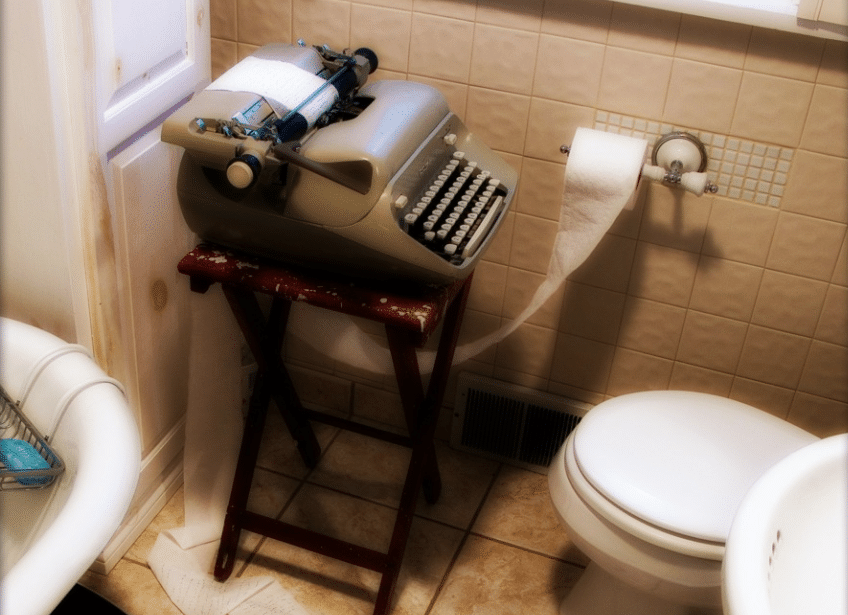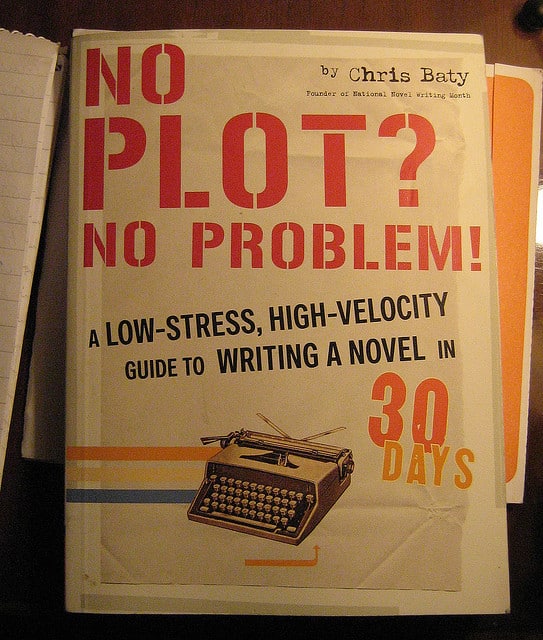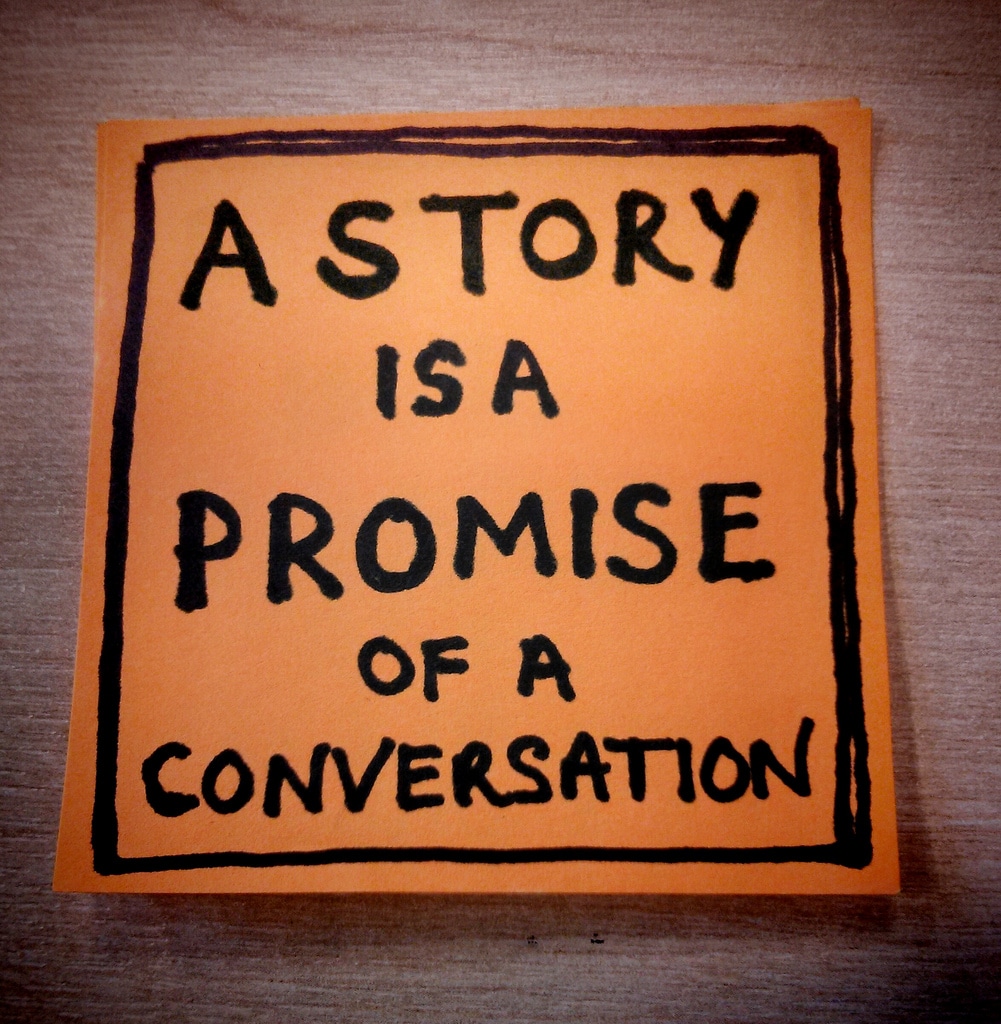For several weeks, I’ve been blocked on a writing projects for a client. One night, I even stayed up until one in the morning, staring at my screen, unable to write a thing.
Then, just yesterday, I had a breakthrough. In just a few hours, I was able to accomplish more than I had the previous three weeks combined.
What got me unblocked? Visuals.











